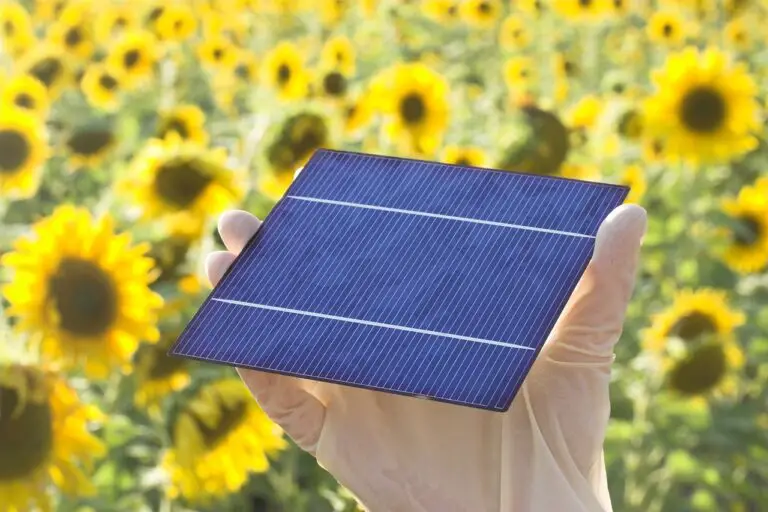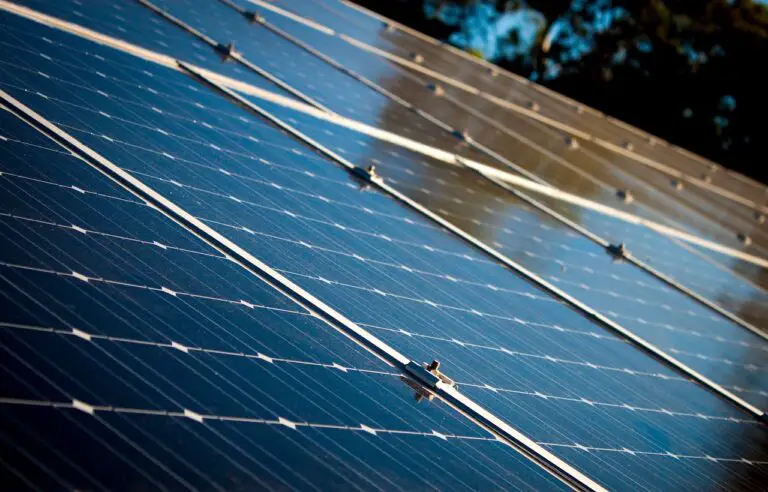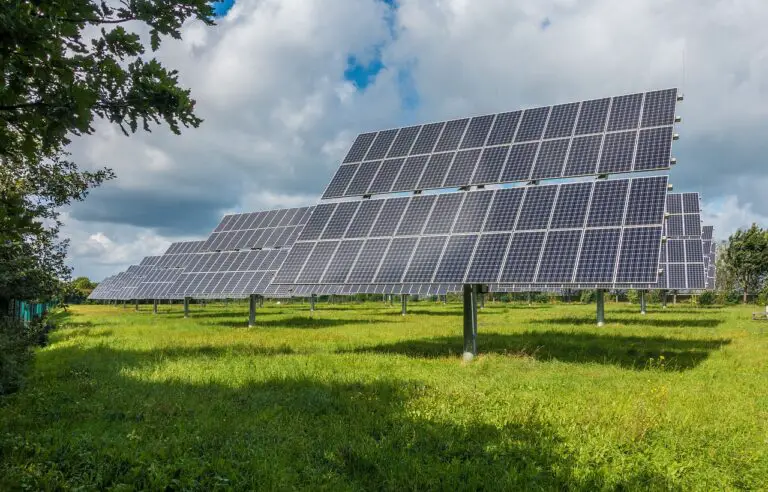How to Maximize the Benefits of Loans for Solar Panels
Loans for solar panels offer a fantastic opportunity to reduce your energy bills and contribute to a greener environment. However, to fully capitalize on these benefits, you need to understand how to optimize your investment. In this guide, we will explore various strategies to maximize the advantages of solar panel loans, from understanding the loan options available to utilizing tax incentives.
Understanding Loans for Solar Panels
Loans for solar panels come in different forms, each with its own benefits and conditions. To maximize your benefits, it’s crucial to understand these options.
Types of Solar Panel Loans
1. Secured Loans
Secured loans are backed by collateral, such as your home. This type of loan usually offers lower interest rates, which can save you money over time. However, if you fail to repay the loan, you risk losing the collateral.
2. Unsecured Loans
Unsecured loans do not require collateral but often come with higher interest rates. Despite the higher cost, they can be beneficial if you don’t want to risk your assets. Evaluate your financial situation to choose the best option.
3. Solar-Specific Loans
Some lenders offer loans specifically for solar panel installations. These loans are tailored to cover the costs of solar systems and may come with favorable terms. Look for lenders that specialize in green home improvement loans to find the best deals.
Comparing Loan Terms
Interest Rates
Interest rates significantly affect the total cost of your loan. Compare rates from different lenders to ensure you get the most competitive rate. Lower rates will reduce your overall repayment amount, allowing you to save more in the long run.
Repayment Periods
Loan repayment periods can vary. Shorter repayment periods mean higher monthly payments but less interest paid over the life of the loan. Conversely, longer repayment periods lower monthly payments but increase the total interest cost. Choose a repayment plan that fits your budget and financial goals.
Leveraging Tax Incentives for Solar Panels
Tax incentives can substantially reduce the cost of installing solar panels. Here’s how you can maximize these benefits:
Federal Tax Credits
The Federal Investment Tax Credit (ITC) offers a significant deduction on your federal taxes. For 2024, you can claim up to 30% of the cost of your solar panel system. Ensure you meet the eligibility criteria to take full advantage of this incentive.
IRS Solar Tax Credit Information
State and Local Incentives
In addition to federal credits, many states and local governments offer their own incentives. These can include rebates, tax credits, or grants. Research the specific incentives available in your area to further reduce your costs.
DSIRE: Database of State Incentives for Renewables & Efficiency
Combining Incentives
You can often combine federal, state, and local incentives to maximize your savings. Make sure to check the eligibility requirements for each program and understand how they interact.
Choosing the Right Solar Panel System
Selecting the right solar panel system is crucial for maximizing your investment. Consider the following factors:
System Size and Efficiency
The size of your solar panel system should match your energy needs. A larger system may have a higher upfront cost but can lead to greater savings on your energy bills. Additionally, choose panels with high efficiency to get the most power from your investment.
Quality and Warranty
Invest in high-quality solar panels and inverters. Quality systems typically come with longer warranties, ensuring that your investment is protected. Read reviews and choose reputable brands with a track record of reliability.
Financing Options for Solar Panels
Explore various financing options to find the one that best suits your needs.
Solar Leases and Power Purchase Agreements (PPAs)
Solar leases and PPAs allow you to install solar panels with little or no upfront cost. Instead, you pay a fixed monthly amount or a rate per kilowatt-hour of energy generated. These options can be advantageous if you prefer not to own the system outright.
Home Equity Loans and Lines of Credit
If you have significant equity in your home, you might consider using a home equity loan or line of credit to finance your solar panels. These options typically offer lower interest rates compared to other types of loans.
Consumer Financial Protection Bureau: Home Equity Loans
Maximizing Energy Savings
Loans for solar panels can lead to substantial energy savings. Here’s how to enhance these benefits:
Energy Efficiency Upgrades
Combine your solar panel installation with other energy efficiency upgrades, such as better insulation or energy-efficient windows. These improvements can reduce your overall energy consumption and increase your savings.
Monitoring and Maintenance
Regularly monitor your solar panel system to ensure it’s operating efficiently. Perform routine maintenance to address any issues promptly. An efficiently running system will generate more energy and increase your savings.
Tracking and Reaping the Financial Benefits
Keep track of your solar panel system’s performance and financial benefits to ensure you’re getting the most out of your investment.
Monitoring Systems
Use monitoring systems to track your solar panel’s energy production and savings. Many systems offer real-time data, helping you identify any issues and optimize performance.
Analyzing Savings
Regularly review your energy bills and compare them to your pre-solar installation costs. Analyze your savings to ensure you’re meeting your financial goals and adjust your strategy if necessary.
Conclusion
Maximizing the benefits of loans for solar panels involves understanding your loan options, leveraging tax incentives, choosing the right system, exploring financing options, and focusing on energy savings. By following these strategies, you can enhance your investment, reduce your energy costs, and contribute to a more sustainable future.
For more information, visit Energy.gov on Solar Financing, Solar Energy Industries Association, and Federal Trade Commission’s Solar Power Fact Sheet.







